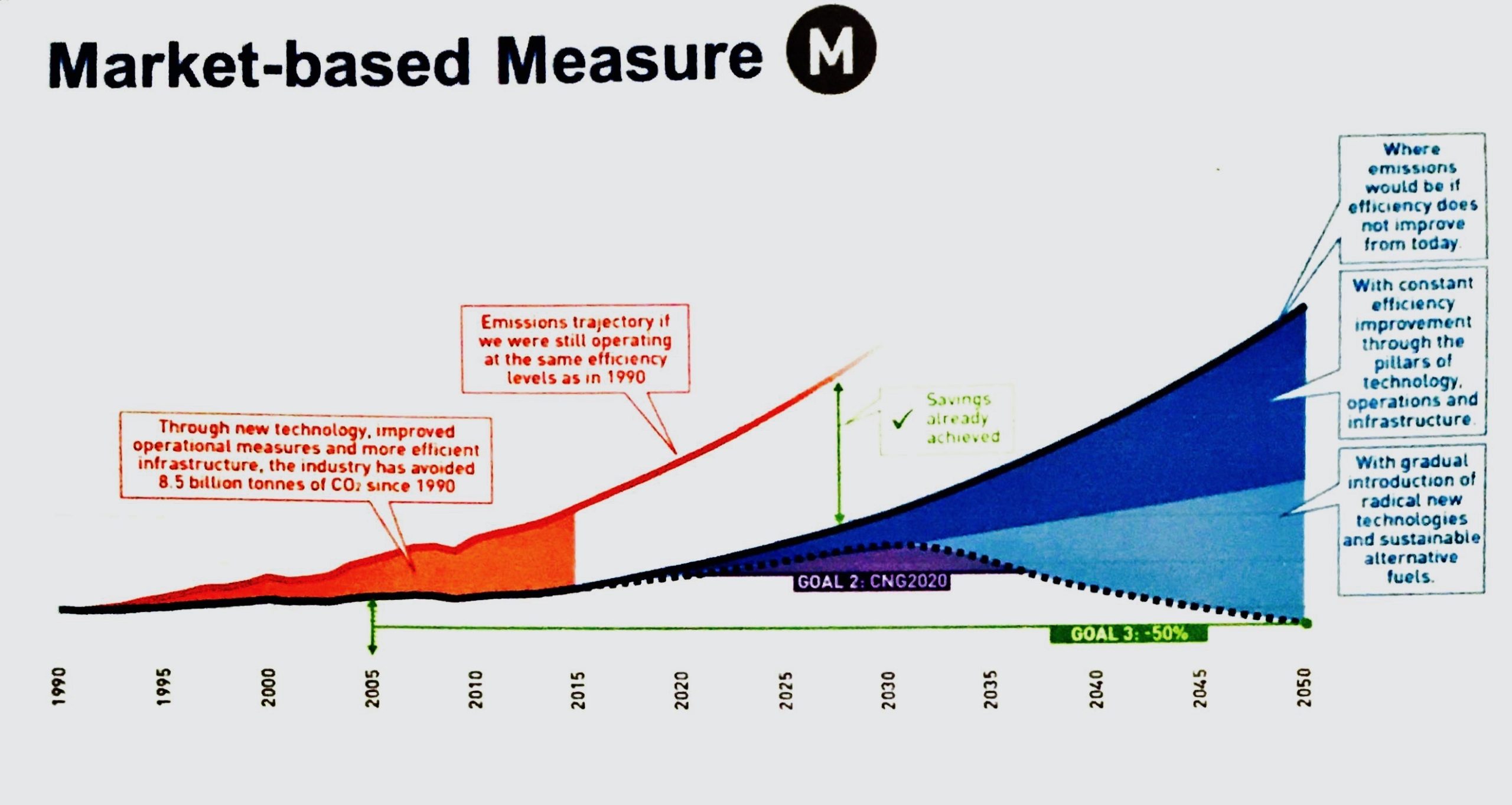Environmentally Sound: ICAO’s CORSIA Holds, Despite Paris Agreement Setback
Share

APEX Insight: While US President Donald Trump’s decision to abandon the Paris Agreement was a setback to environmental initiatives around the world, ICAO’s Carbon Offsetting and Reduction Scheme for International Aviation (CORSIA) endures. Airlines are committed to a multi-pronged environmental strategy which includes the development of alternative sustainable aviation fuels.
IATA member airlines, including US carriers, reaffirmed their commitment to the CORSIA during IATA’s Annual General Meeting (AGM) in Cancun earlier this week, despite the US’ recent withdrawal from the Paris Climate Accord. IATA is calling on governments to help accelerate the Sustainable Alternative Jet Fuels (SAF) program, which would help support the CORSIA initiatives as well as the association’s multi-pronged strategy to ensure long-term sustainability in the aviation industry.
The airline industry ratified its commitments towards the environment by signing the CORSIA agreement during the 39th session of the ICAO Assembly in 2016. The US has been an active supporter of CORSIA among ICAO states. The scheme effectively represents a commitment to global market measures for environmental impact and to a reduction in the carbon footprint of international flights.
RELATED – COP21: Aviation Makes Firm Commitment to Sustainability, IATA Says
The CORSIA is voluntary from 2021-2026; compliance will become mandatory after 2026. Through its introductory period, however, the CORSIA has gained the support of 70 states which, according to ICAO’s analysis, represent approximately 88% of the potential growth of CO2 emissions from aviation activities projected for 2021-2035. “That figure would likely increase as more States volunteer to participate. The most recent volunteers are Saudi Arabia, Gabon and El Salvador,” said Michael Gill, director, Aviation Environment, IATA. “We are continuing to advocate industry support for the application of the CORSIA as the single, global measure to address CO2 emissions from international aviation, with particular focus on those States which have not yet declared an intention to participate in the scheme on a voluntary basis.”

In the above chart, the purple section shows the period of carbon neutral growth under the CORSIA, but the blue sections of the chart show the margin of improvement possible through the various pillars IATA espouses: better technology, more efficient operations and improved infrastructure. The light blue section shows the potential for further reductions in environmental sustainability with the introduction of radical new technology and sustainable alternative fuels.
“Sustainable aviation fuels are an integral part of our comprehensive strategy but at the moment they are not being produced in enough quantity at a competitive cost,” said Alexandre de Juniac, IATA’s director general and CEO. “The Resolution calls upon governments to implement policies to accelerate the development of SAF, including the creation of appropriate regulatory framework to expedite the development of production facilities.”
IATA highlights some examples of government policy which might support the growth of a healthy and affordable supply of SAF to power aviation.
- Easier access to finance, including loan guarantees and capital grants
- Supporting demonstration plats and supply chain research and development
- Putting SAF on equal footing with automotive biofuels through equivalent public incentives
- Legislative certainty over an extended period of time to give investors confidence to finance new production facilities.
“Drop-in alternative fuels are technically ready to go and can deliver up to 80% reduction in carbon emissions,” said de Juniac. “Governments have a role in providing incentives to make SAF commercially viable, just as they do with supporting the solar power for homes or electrically powered cars. Investing in SAF capacity will help to reduce emissions and create new opportunities for economic growth.”


